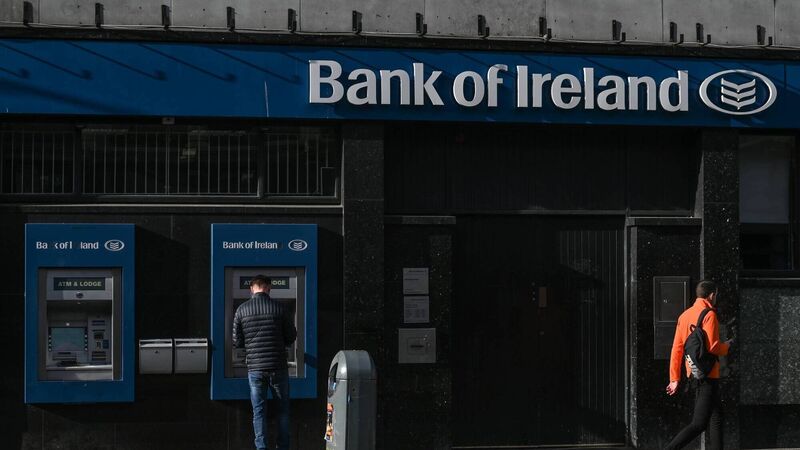Bank of Ireland taps soaring interest rates to post profits haul of €1.9bn for 2023

Net interest income soared 48% in the year, reflecting the interest rate hikes and increased deposits.
Bank of Ireland has posted a record profits haul of €1.9bn before tax for 2023, as the lender cashed in on soaring European Central Bank interest rates, while paying out relatively low rates on its deposits, and tapping the full benefits of the departure of powerful rivals Ulster Bank and KBC Bank from the market.
Its underlying pre-tax profit was more than the €1.8bn the lender posted in 2008, the last of the boom years before the onset of the disastrous banking and property market collapse.










